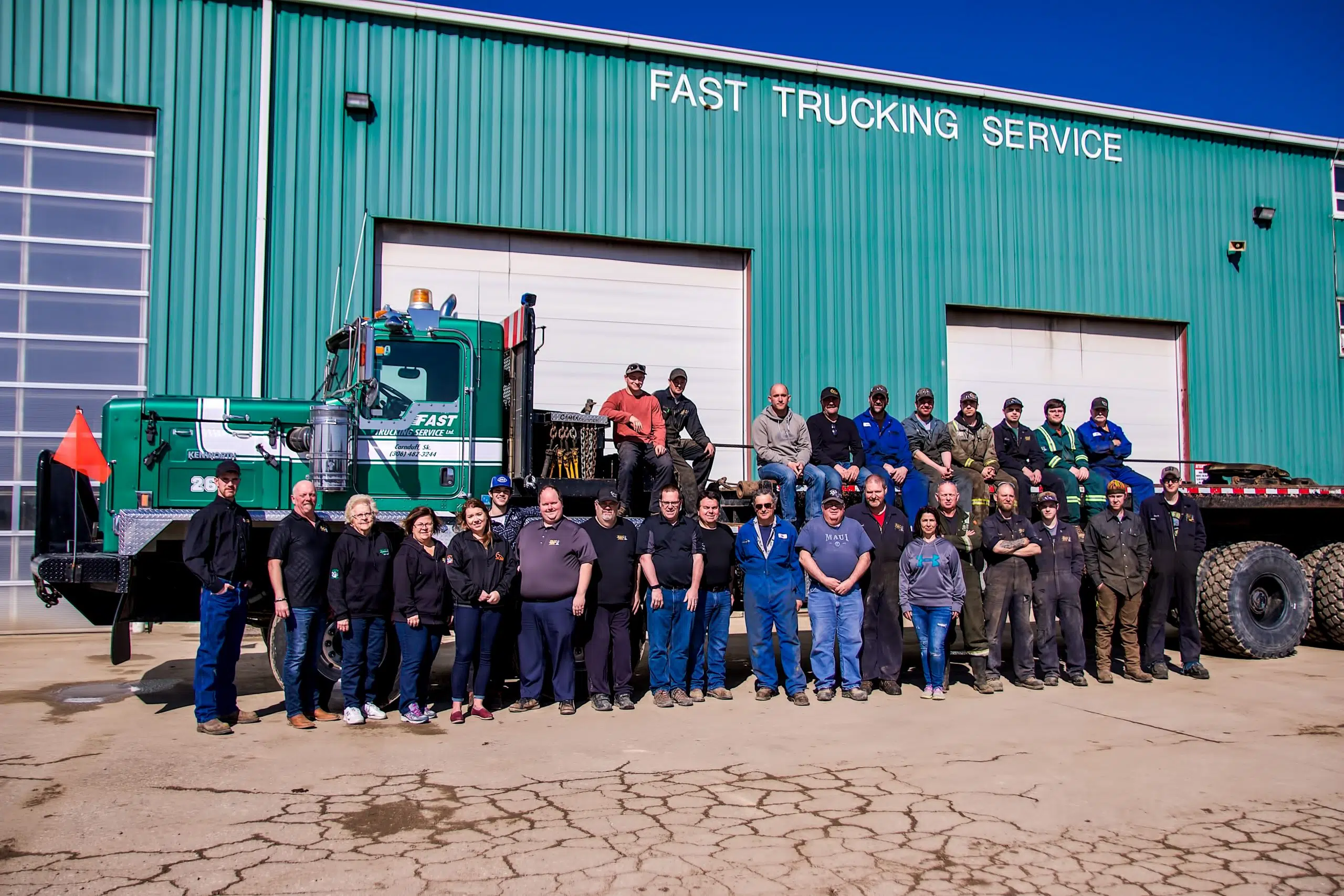Through more than 60 years in business serving the Saskatchewan oilpatch, Fast Trucking Service has weathered many storms of low oil prices.
But owner Dennis Day says COVID-19 has caused a crisis of mammoth proportions for the industry.
Now running the oil service company his parents started in 1957 in Carnduff, Day had to make the difficult call to lay off 250 of 350 employees. He said he has known many of their families for decades.
“It was a disaster. It was horrible,” said Day, who noted that most of his friends understood the decision to save the company in order to save their jobs in the long run.
“If we don’t save the company, none of us have got a job. It was tough but it was something I think we needed to do until something gets better.”
Even with the emergency wage subsidies up to 75 per cent being offered by the federal government, Day said it won’t be enough to keep everyone working through a slowdown of this magnitude.
He said the company has a fleet of 75 trucks but will likely only be able to keep 12 running through the rest of the year.
“There’s some work for some guys, but you can’t have everybody come into work, right?” Day explained.
With the weight of so many layoffs weighing on his mind, Day was thinking about any way he could help ease the financial burden on his workers who likely would be waiting weeks for Employment Insurance cheques or the Canadian Emergency Response Benefit to kick in.
Then he happened to run into one of his former workers at the grocery store buying a supply of ham and buns which he imagined would be his only meal option for weeks.
“I went to the Estevan Co-op and got over $50,000 worth of gift cards and wrote a letter and my girls all mailed them or gave them out to the guys and there were a lot of people that were really happy with that,” Day said.
Between January and March of this year, he said Fast Trucking moved 250 oil rigs, but Day predicts the rest of the year will only see 50 rigs move.
He has no idea when oil production might return to anything close to a new normal. He expects it could be 18 months or more before he can get many drivers back to work. He said some trucks have already remained parked since oil prices took a dive in 2014.
“It’s going to be a long road ahead. We’ve seen slowdowns in the oilpatch for years and we’ve got to weather the storm and tighten the belt,” Day said.
“Tough times don’t last but tough guys do.”











